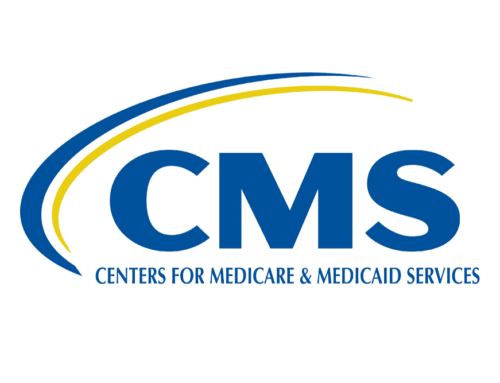CENTER UPDATE | Late March 2023
In this Issue:
- Watch the 2023 V-BID Summit Recording
- Medicare Advantage Value-Based Insurance Design (V-BID) Model to be Extended
- Bipartisan Bill Expands Pre-Deductible Coverage For Chronic Disease Management
- Implications of Braidwood v. Becerra Ruling for Health Care Consumers
- V-BID Program Boosted Primary Care Use and Contained Healthcare Costs
- Strategies to Advance Health Equity in Medicaid
- Health Equity Framework for Medicare Organizations
- Insulin as Preventive Care
- Worry Over Out-of-Pocket Cost Trumps Premiums
- America’s Healthcare Debt Is Deepening
- Out-of-Pocket Costs of Invasive Breast Cancer Treatment
- Many Americans Are Likely to Skip Preventive Care if ACA Coverage Falls Through

Watch the 2023 V-BID Summit Recording
Another annual V-BID summit is in the books! Thank you to everyone who attended, our speakers, moderator, and staff for producing engaging discussions around accelerating health equity, implications of overturning the ACA preventive care mandate, opportunities and challenges of reducing low-value care, and advances in policies to enhance affordability and reduce medical debt. To watch a recording of the event and learn more, click on the buttons below.

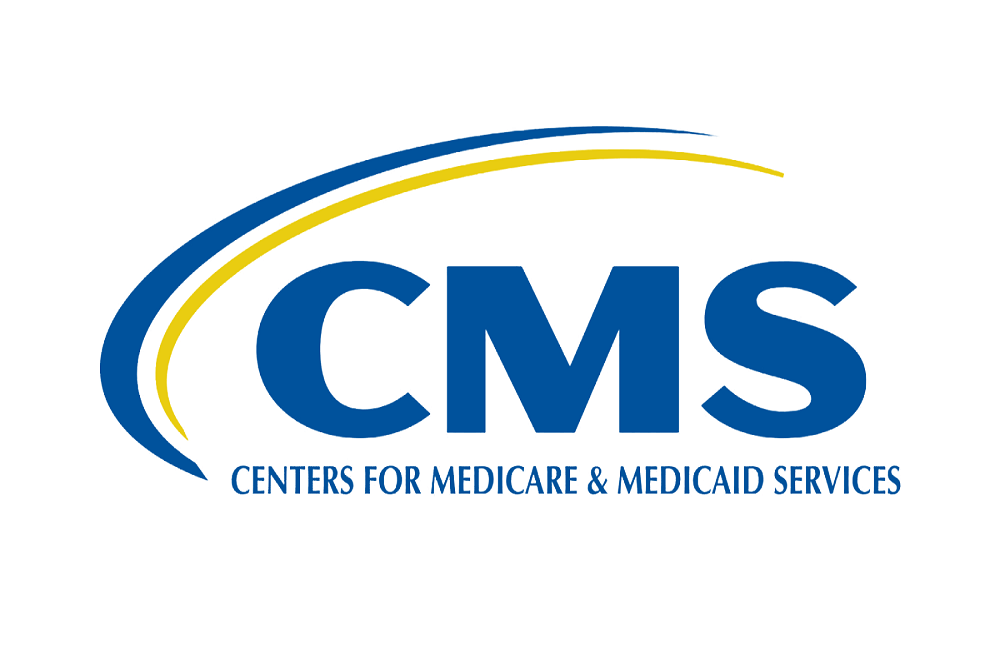
Medicare Advantage Value-Based Insurance Design (V-BID) Model to be Extended
The Medicare Advantage V-BID Model will be extended for calendar years 2025 through 2030. CMS intends to more fully address social determinants of health, advance health equity, and improve care coordination for patients with serious illness. CMS will release model updates as available.
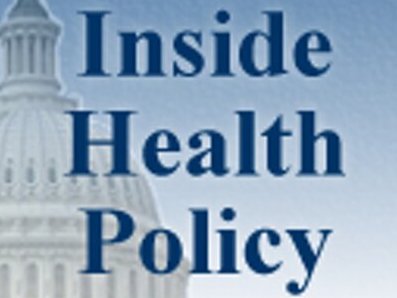
Bipartisan Bill Expands Pre-Deductible Coverage For Chronic Disease Management
Inside Health Policy takes a deeper look at the bipartisan Chronic Disease Management Act of 2023 (CDMA) that was introduced in Congress to further increase the flexibility of HSA-HDHPs to cover chronic disease services on a pre-deductible basis. The legislation would address health disparities, “since high deductibles disproportionately impact patients that are chronically ill, low-income, and people of color.”

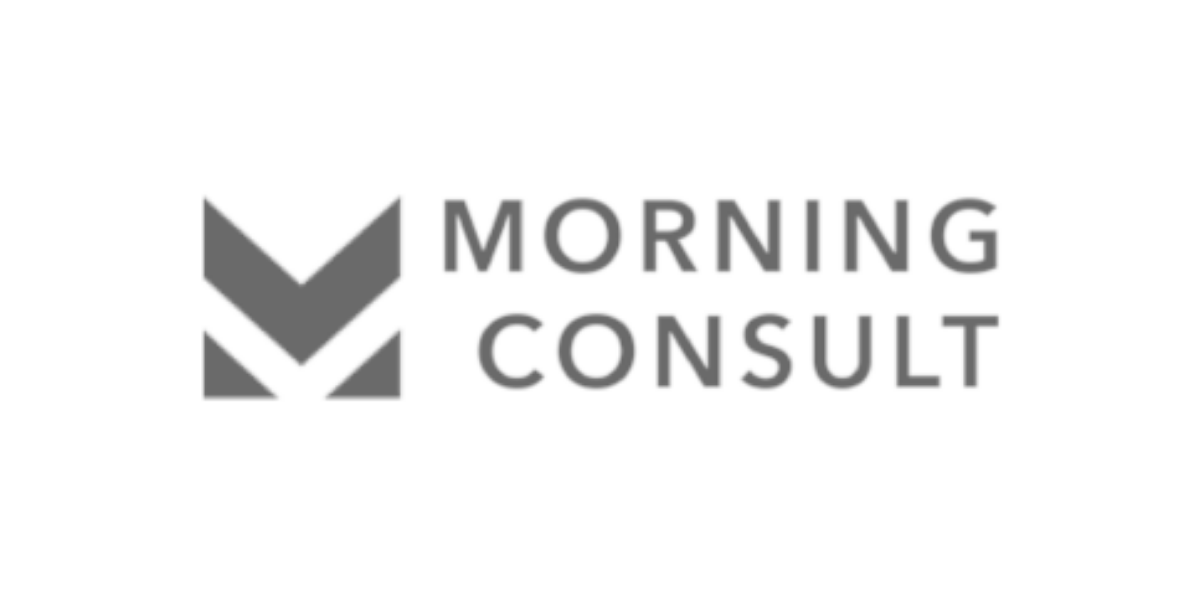
Implications of Braidwood v. Becerra Ruling for Health Care Consumers
The U.S. Supreme Court case Braidwood v. Becerra challenges the Affordable Care Act (ACA) on multiple fronts, including Section 2713, which incorporates V-BID principles to expand first-dollar coverage of preventive care services for an estimated 152 million Americans. A new Morning Consult survey found that at least 2 in 5 U.S. adults said they are not willing to pay for 11 of the 12 preventive services currently covered by the ACA. Additionally, the Kaiser Family Foundation reports that most (60%) people with private insurance received at least one of ACA’s no-cost preventive services in 2018. Experts argue that striking down provision 2713 would cause fewer people to use preventive services and adversely effect the health and well-being of millions.


V-BID Program Boosted Primary Care Use and Contained Healthcare Costs
An analysis of the California Public Employees’ Retirement System (CalPERS) V-BID program found that the enrollment led to significantly higher spending on or use of primary care physicians and immunizations, lower inpatient admissions, and surgical procedures without increasing total costs. A summary of the study noted that eliminating copayments for prescription drugs could increase medication use, adherence, and spending for targeted diseases.

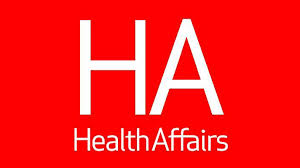
Strategies to Advance Health Equity in Medicaid
Policy makers should focus on health equity in primary care population-based payment models to enhance health equity in Medicaid, according to authors of a Health Affairs Forefront article. In order to maximize the benefit of these models, policy makers should include health equity quality incentives, define care delivery expectations related to health equity goals for practices, increase overall investment in primary care, and work toward social risk adjustment.
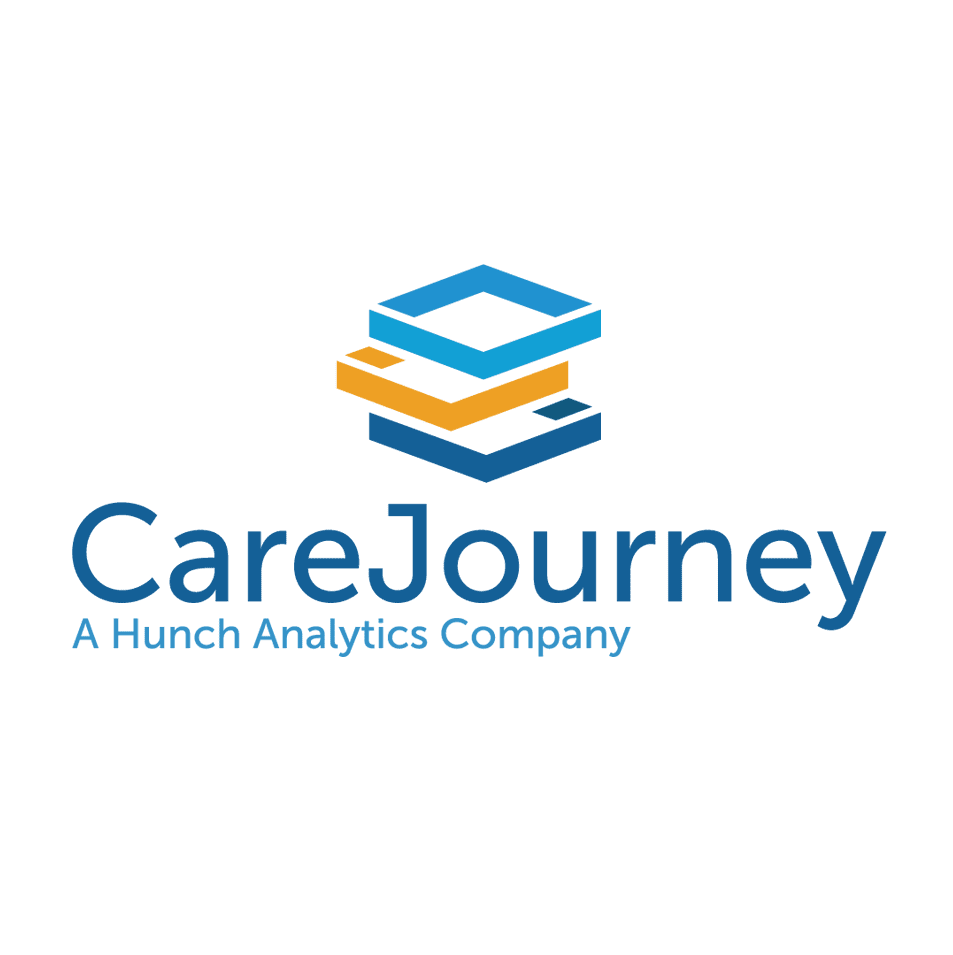
Health Equity Framework for Medicare Organizations
In 2021, CMMI released their Ten-Year Strategic Plan, which included Advancing Health Equity as one of 5 main pillars. CareJourney, a health analytics platform, recently presented 3 ways in which CMS is asking organizations to advance health equity: identify and reach out to underserved populations, identify and work to close health equity gaps, and collect and report demographic and social determinants of health data.

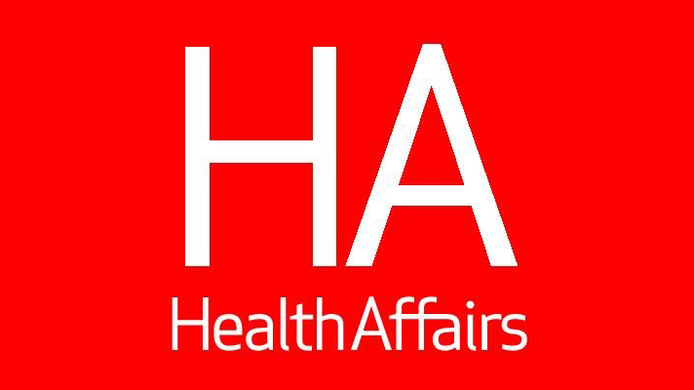
Insulin As Preventive Care: Why Not Eliminate Patient Cost-Sharing?
Following news of Eli Lily and other drug manufacturers cutting insulin prices and out-of-pocket costs for patients, authors of a recent Health Affairs Forefront call on the USPSTF to recommend insulin as a preventive service for primary prevention of diabetes complications.

Worry Over Out-of-Pocket Cost Trumps Premiums
Results of the Medicare Pulse – Consumer Sentiments & Satisfaction report show that more beneficiaries are worried about being able to afford their out-of-pocket costs (75%) than their monthly premiums (43%). Younger beneficiaries and those living on a fixed income are most worried about their out-of-pocket costs.

America’s Healthcare Debt Is Deepening
An article examining skyrocketing medical debt over the last 15 years underscores that medical debt is involuntary, contributes to systemic inequalities, and serves as a barrier to necessary care. Though compounded by higher costs of care and rising insurance rates, authors point to Medicaid expansion, debt forgiveness, and cost transparency as strategies to combat medical debt.

Out-of-Pocket Costs of Treatment Among Employer-Insured Women With Invasive Breast Cancer
A study of out-of-pocket costs for treatment of invasive breast cancer among employer-insured women younger than 65 found that the average out-of-pocket cost was $1502.23. Outpatient costs were higher than drug costs, and patients with consumer-directed health plans (CDHPs) and high-deductible health plans (HDHPs) had higher out-of-pocket costs.

Long COVID Patients Face Medical Debt After Insurance Denies Claims
A recent NBC News article examines the challenges faced by patients with long COVID, which experts estimate to be at least 9.6 million people in the U.S., and range from extreme fatigue to organ system damage. While reports show that 44% of people with long COVID were out of the labor force and 51% worked fewer hours, patients face denied claims from insurance companies that don’t see treatment as “a medical necessity.”
Please Help Support the V-BID Center
As we near the end of 2022, we recognize our accomplishments over the past year and look ahead to all we can achieve at the University of Michigan Center for Value-Based Insurance Design. Generosity from collaborators and friends like you allows us to remain focused on equity enhancing programs that improve access and affordability to essential clinical services
You will play an essential role in the future success of the V-BID Center by making a gift today. Thank you for your support.




